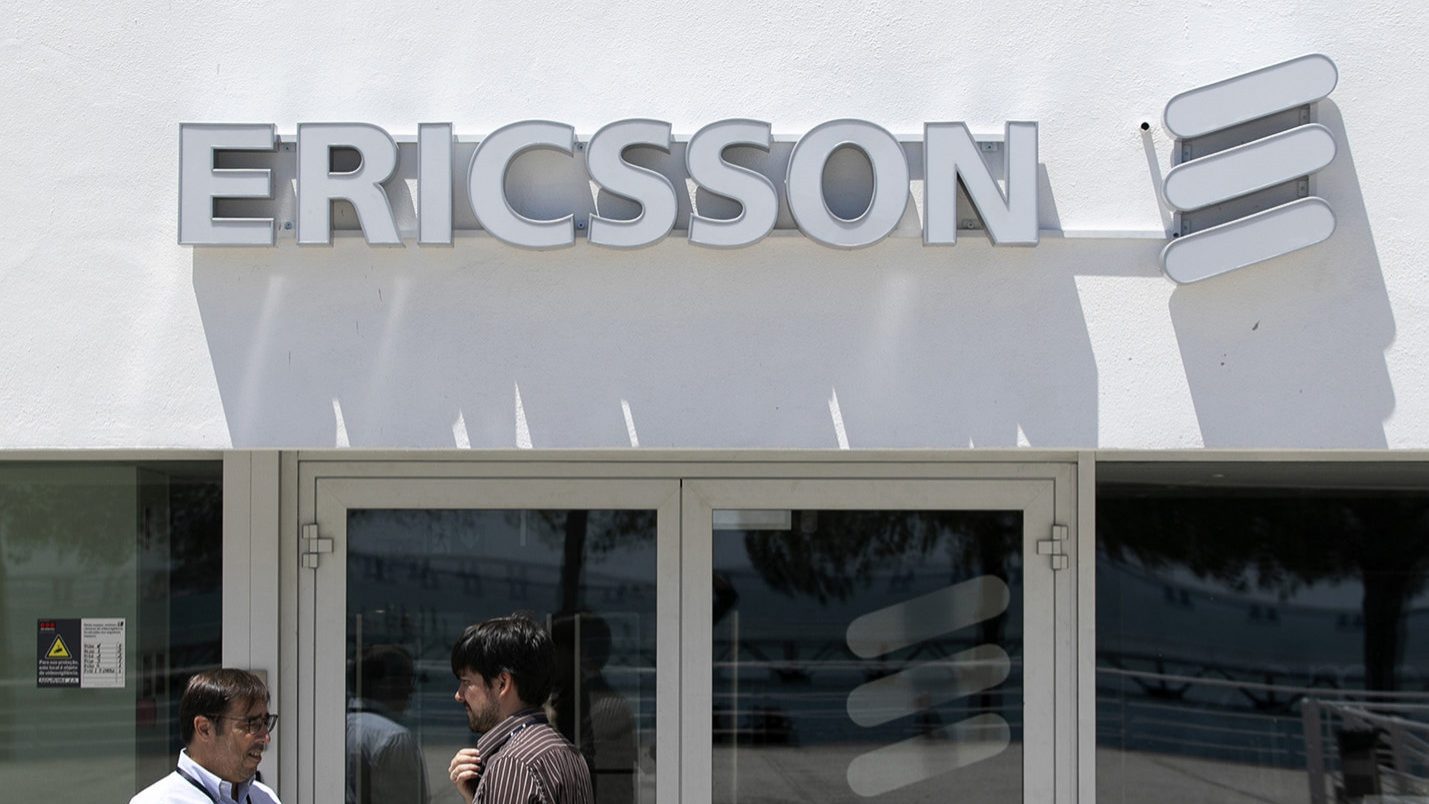US official ‘confident’ Portuguese telcos will in long term use ‘reliable’ tech
"Telecom operators in Portugal will only implement reliable technology," says the Deputy Assistant Secretary of the State Department for Cyber Communication.
Robert Strayer, head of cyber policy at the US State Department, has expressed confidence that in the long term Portugal’s telecommunications operators will implement “only” reliable technology, and stop working with Huawei.
In an interview with Lusa, Strayer said he was “confident” that “in the long term we will achieve the right kind of [security] standards, which means that telecom operators in Portugal will implement only reliable technology.”
Strayer is the State Department’s deputy assistant secretary of state for cyber and international communications and information policy.
Those who today have “unreliable technology” such as on their 4G network can “easily” removes this as equipment is updated over time, added Strayer, who on Tuesday had meetings with Portugal’s three telecoms operators – Altice Portugal, NOS and Vodafone Portugal – as well as the sector regulator, Anacom, and members of parliament.
“And I think in the long run the public will demand that their private information is not in the hands of the Chinese Communist Party,” as well as their intellectual property, he added.
Strayer stressed that Portugal has a “very vibrant” economy with many small and medium-sized enterprises as well as being the site for the Web Summit, Europe’s largest tech event.
“These are exactly the kind of companies that China has repeatedly targeted” and “stolen” their intellectual property, he said, arguing that Chinese companies should therefore not be allowed to participate in the development of 5G in Portugal.
Strayer also has meetings scheduled with Portuguese government officials for Wednesday.
Asked if he is confident that this will happen, Strayer was peremptory: “Absolutely”. He said it was just a “question of time”, pointing out that 5G is still at an early stage.
As “higher standards are designed and there are greater advances in applications … new generations of equipment” will come onto the market,” he said. That is, there
will be greater diversification of supply.
“And when telecom operators develop the technology, they should do it only with reliable suppliers,” he insisted.
“The United States and Portugal have a close economic and security relationship,” Strayer went on, pointing out that as members of the North Atlantic Treaty Organization the two cooperate in military operations as well as all types of law enforcement activities. For this to continue, he suggested, Portugal must not give ground were the security of its networks is concerned.
Since any kind of software or hardware needs to be updated over time, there is a need to ensure that only “reliable vendors” are used, he argued, adding that “there is no testing technique that makes it safe.”
Bilateral cooperation is often between companies, some of them relatively small, he pointed out.
“We do this so that we can grow together and share our values and technologies in the future,” he went on. “When China develops technology, they do it in a closed ecosystem.
“They work mostly and only with Chinese companies. They don’t invite small and medium-sized companies from Portugal to this technological development, and they will exclude Portugal from development” in the same way as they would if working with technologies from the US and the rest of Europe.


